Buying crypto is probably one of the best investing strategies available as tech continues to grow and globalize. With the rise in crypto’s popularity, securing your coins and tokens has never been more important.
In this post, we will guide you through the 7 best ways to protect your crypto. Some of our tips include choosing the right wallet, safeguarding your computer, and knowing how to identify phishing scams.
7 Best Ways to Protect Your Crypto
There are multiple ways to protect your cryptocurrencies, but it’s important to note that using only one of these tips will not be enough to protect your assets.
You need to apply common sense and a combination of these strategies for optimal protection.
Here are our 7 tips on how to protect your crypto:
1. Choose the Right Wallet
It should be fairly obvious that keeping your crypto on an exchange isn’t the safest. But, between the variety of crypto wallets available, which one is the best? Let’s have a look at each one.
🔒Hardware Wallets: A majority of hardware wallets are also crypto cold wallets since they are physical devices that store your cryptocurrencies offline. This helps to make them immune to online hacking since they are never or rarely connected to the internet. Popular hardware wallets are Material Bitcoin, Ledger Nano S, and Arculus.
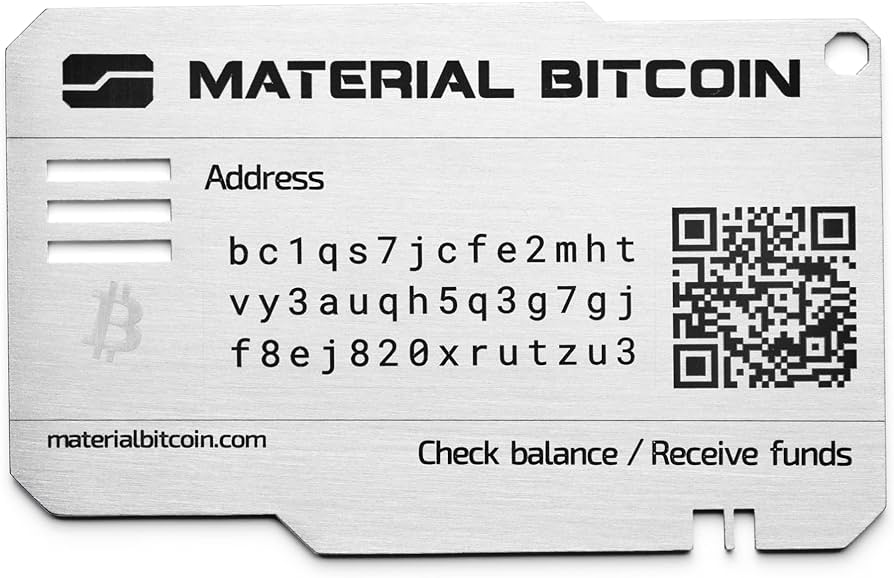
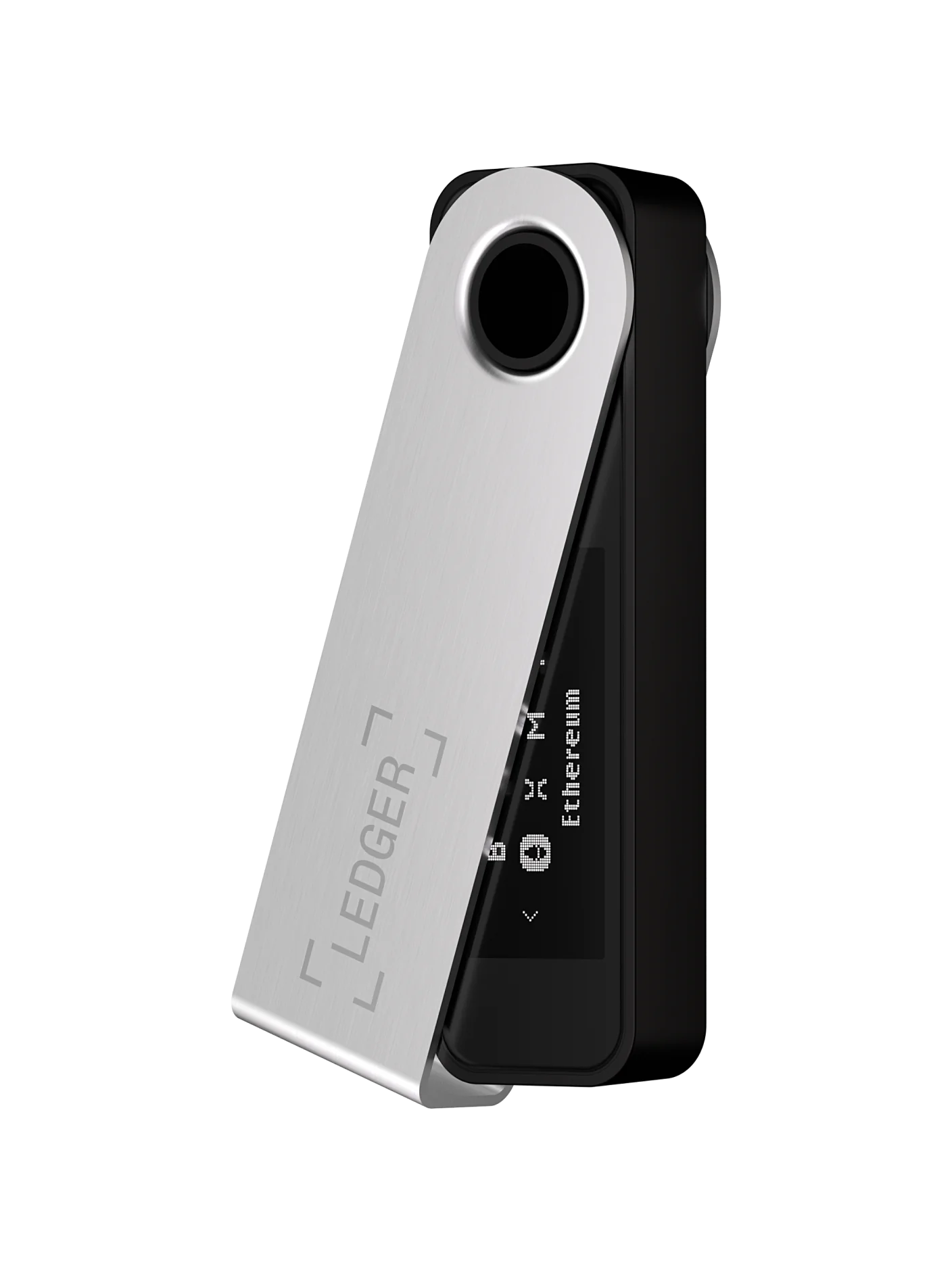
💻Software Wallets: These types of wallets are either apps that you install on your smartphone or a desktop website or apps used on a personal computer. Software wallets, also known as hot wallets, are more convenient since they are quickly accessible but are much more vulnerable to hacking, phishing scams, and malware. Popular hot wallets include Exodus, MetaMask, and Binance.

🗒️Paper Wallets: These are printed or handwritten “records” of your private and public keys. While people assume it is the safest option since it is never connected to the internet, you have to understand that to generate your address and keys, you need to use an online program. Then, there is the issue of its physical well-being since it can be easily damaged.
If you are looking for full protection, a hardware cold wallet is always the best choice.
2. Find a Safe Place to Keep Your Wallet
If you have decided to use a hardware wallet or a paper wallet, you need to think about where you are going to physically store it. Remember, a paper wallet is just that, a piece of paper, so the possibility of it ripping or the ink wearing off is very possible.
If you use a recommended cold hardware wallet, you should also consider if it has an electronic component: does it need to be charged or have a battery changed? You also want to make sure that you keep it in a place where it can’t get lost, stolen, or damaged.
A cold wallet like Material Bitcoin is ideal since it has no electronic parts and is made out of AISI 304L stainless steel. This means it will never get damaged in a fire or flood.
For convenience reasons, we can understand why you would want to keep your wallet on you, but the best place to store your wallet is in a safe or security box in a private location.
3. Use a Strong and Unique Password
Whether you are storing your crypto online or in a hardware wallet, you usually are prompted to create a PIN or passcode. Some wallets come with a predetermined PIN, while others rely on you to change it upon activation.
Our advice is never to use the same password for multiple accounts, if a hacker manages to get into one, they can get into all. Try using a mix of letters, numbers, and characters to make your password as unique as possible.
Avoid using personal data, like birthdays as a scam artist can try to hack your account with any personal information they find online.
4. Regularly Update Your Software
If you are going to use a software wallet, like Coinbase Wallet or Robinhood Wallet, although it isn’t recommended, there are some tips to follow to help maintain your crypto’s protection:
- Always make sure that your wallet’s software, antivirus programs, and operating systems are up to date to protect against new threats and viruses.
- Activate these updates only from the official websites and apps and not third-party platforms.
5. Be Aware of Phishing Scams
Please be skeptical of your chosen wallet’s outreach. Always double-check the URL of websites you visit and avoid clicking on suspicious links within emails. Never share your private keys or seed phrases with anyone or add them to an online document.
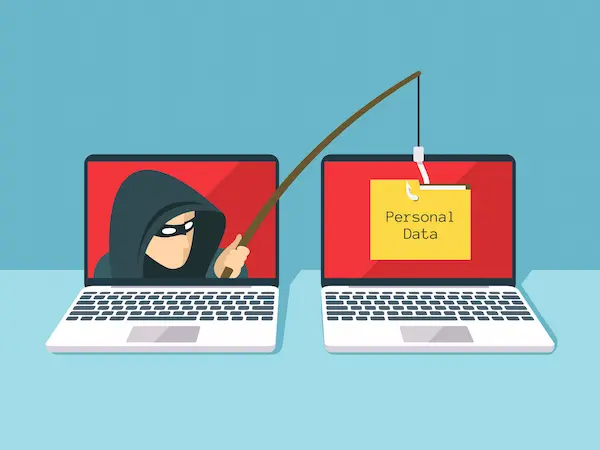
6. Use Seed Phrase Storage
A seed phrase, also known as a recovery phrase, is a sequence of 12 – 24 words that is generated by your crypto wallet and is a “backup” to restore your wallet if the original one is lost, stolen, or damaged.
This is the only way that you can restore your crypto wallet and regain access to your digital assets.
Never store your seed phrases online or digitally because they can be hacked. Instead, the safest option is to store your recovery phrase on a seed phrase wallet. These are physical storage devices that guarantee your access to your crypto. Remember to always keep your seed phrase wallet in a safe and confidential place.
7. Use a Secure Internet Connection and Protect Your Devices
Having a secure internet connection is one of the most important safety tips you can put into action. Never connect your device or wallet to a public wi-fi network. This is a hacker’s playground, where professional scammers just wait for unsuspecting victims to connect while waiting in line at Starbucks.
Keep your personal computer and phone safe and updated with anti-virus protection and software updates as they become available.
For added protection and privacy, use a VPN to connect online.
Your Solution for Protecting Your Crypto
In a final round-up, it should be clear that if you use online wallets or exchanges for storing your crypto, you are not protected and need to follow up consistently on updates and hacking trends, which can be time-consuming and still not give you peace of mind.
When it comes to safeguarding your cryptocurrency, Material Wallets are your go-to solution.
These are the best hardware wallets available that provide high-end security features keeping your Bitcoin, Ethereum, and USDT safe.
Material Wallets Offer:
➡️Offline Security – Never worry about hacks or malware attacks.
➡️Seed Phrase Storage – By using Material DIY, you can store your recovery phrase for added protection.
➡️Damage Proof – Made with stainless steel, Material Wallets will not break or wear down.
A Material Wallet combines top security protocols with offline storage and a durable design that will protect your crypto and keep your assets safe.
FAQs
Does Coinbase Protect Your Crypto?
- Coinbase uses 2FA, biometric logins, and insures funds on your online wallets. But, your information is still connected online making it susceptible to hacking. Using a cold hardware wallet is always going to be a safer choice.
Does Robinhood Protect Your Wallet?
- Robinhood implements security features like 2FA and device management. However, you don’t control your private keys. Yet again, a cold wallet is the preferred option to protect your crypto.
How to Protect Your Computer from Hackers?
- Make sure to install antivirus software and keep it up-to-date. Enable Firewall and only use secure internet connections.
Are Cold Wallets Hackable?
- Cold hardware wallets offer the highest in security and protection, but not all cold wallets are made the same. So, can a cold wallet be hacked? Yes, some can if they have electronic components that need to be connected to the internet. Material Bitcoin does not connect online, protecting your crypto always.

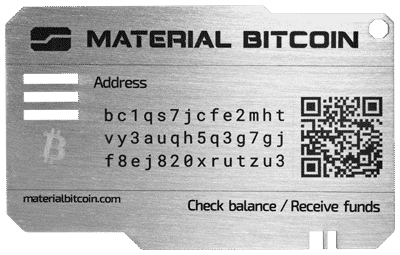





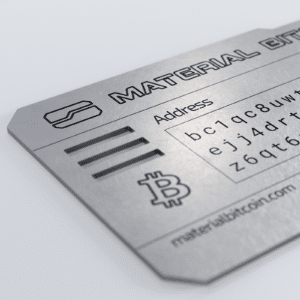
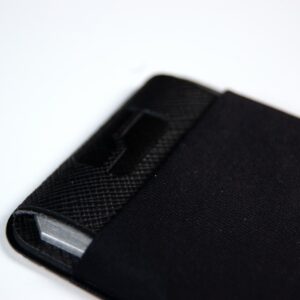

0 Comments